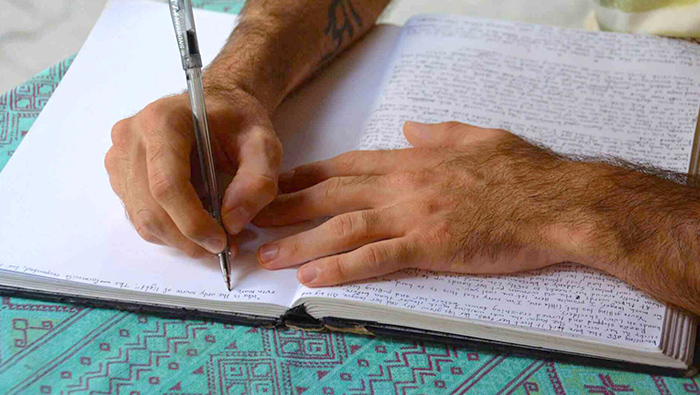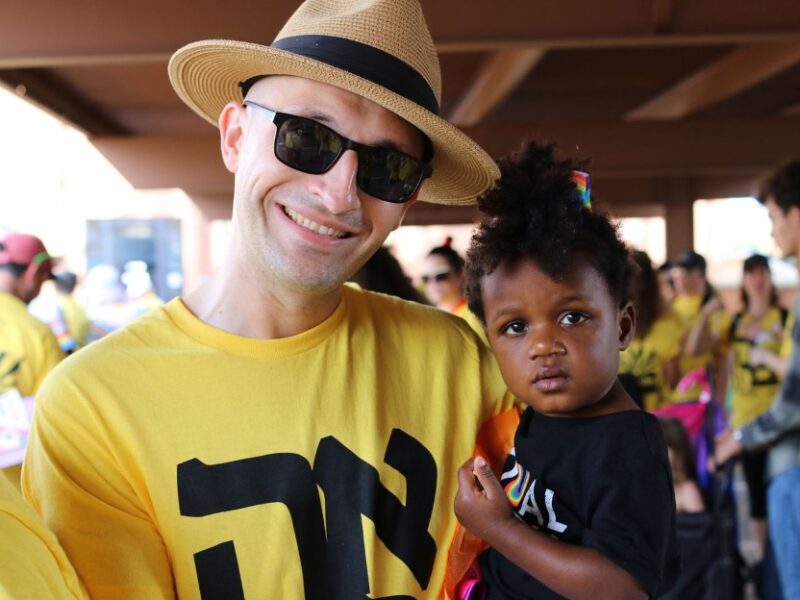An ethical will is a document that is written to express someone’s deepest personal values in order to pass those along from one generation to the next. It is not legally binding.
This practice, though it dates back to biblical and medieval times, resurfaced in the Jewish community around the 19th century and more recently has become widely used by other traditions and peoples. This personal expression can work in tandem with a legal will or estate plan, setting the groundwork for the successful passing of both financial assets and personal values.
As Jews, we know that modeling Jewish values to our children, our loved ones and in our community is a fundamental responsibility. We are a people devoted to tikkun olam and tzedakah – to repairing the world and to justice. So, you may wonder, isn’t a lifetime of actions enough? Don’t your children know how you view the world and what your hopes are for them? Not as much as you might think. And what about the grandchildren? How will your legacy be expressed later on after your children have married, perhaps married a non-Jewish partner, and moved away from the family? As Jews in a post-Holocaust world, we know that as survivors pass, the direct links to that history diminish. Israel is a complicated topic for many. Also, not all of us are equally schooled in Jewish traditions, text and practices.
In our increasingly complex society, the answer is “no,” your actions during your lifetime aren’t enough. Nor is your legal will enough, although surely it will reflect your Jewish and personal values through the financial decisions you’ve made. But if you don’t write something down in your own voice, your family members of the future won’t know your heartfelt stories – of Shabbat celebrations, of cherished objects such as a favorite Kiddush cup, of what your grandmother would say to you on Hanukkah while lighting the flickering candles. Of mistakes you learned from and of the accomplishments that fill you with pride.
An ethical will is your opportunity to reflect on what matters to you most in your life, what you inherited from your ancestors and what you hope for in the next generation. This requires you to grapple with your mortality, your personal history and your vision for the future after you are gone.
OK, sure, this is hard work – but only you can create your own personal statement that will embody your legacy of the heart. It may take a day or longer. You might write it out perfectly the first time, or work in a journal for six months. There are many guides and approaches. What a joy to go on this personal journey and share your ethical will with your family during your lifetime! (See sidebar on “How to begin writing an ethical will”). Finally, while our personal stories are our own, collectively they capture and reflect the beautiful legacy of the Jewish people.






